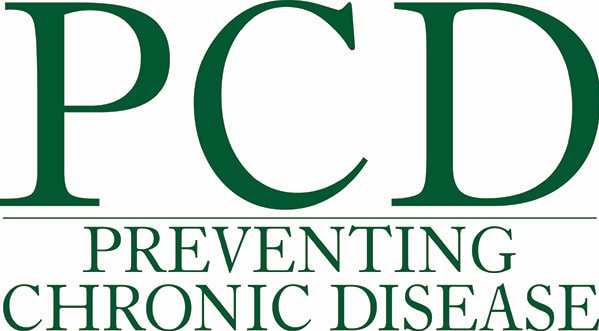Abstract and Introduction
Abstract
Background Veterans with type 1 diabetes who live in rural Alabama and Georgia face barriers to receiving specialty diabetes care because of a lack of endocrinologists in the Central Alabama Veterans Health Care System. Telemedicine is a promising solution to help increase access to needed health care. We evaluated telemedicine's effectiveness in delivering endocrinology care from Atlanta-based endocrinologists.
Methods We conducted a retrospective chart review of patients who were enrolled in the Atlanta VAMC Endocrinology Telehealth Clinic from June 2014 to October 2016. Outcomes of interest were hemoglobin A1c levels, changes in glycemic control, time savings for patients, cost savings for the US Veterans Health Administration, appointment adherence rates, and patient satisfaction with telehealth.
Results Thirty-two patients with type 1 diabetes received telehealth care and in general received the recommended processes of diabetes care. Patients trended toward a decrease in mean hemoglobin A1c and glucose variability and a nonsignificant increase in hypoglycemic episodes. Patients saved 78 minutes of travel time (one way), and the VA saved $72.94 in travel reimbursements per patient visit. Patients adhered to 88% of scheduled telehealth appointments on average, and 100% of surveyed patients stated they would recommend telehealth to other veterans.
Conclusions Specialty diabetes care delivered via telemedicine was safe and was associated with time savings, cost savings, high appointment adherence rates, and high patient satisfaction. Our findings support growing evidence that telemedicine is an effective alternative method of health care delivery.
Introduction
The diabetes epidemic is continuously growing in America and affects 29.1 million Americans (9.3% of the US population).[1] The burgeoning prevalence of diabetes has created an increase in demand for specialty diabetes care. However, there is a nationwide shortage of approximately 1,500 full-time endocrinologists,[2] creating a disparity between diabetes care and specialty diabetes providers.
Patients who live in rural areas, approximately 20% of the US population, have more barriers to receiving specialty care. Barriers such as long travel distances and costly expenses to urban areas where specialty care is often available[3,4] create challenges for these patients to achieve good health.[4] Telemedicine, the exchange of medical information via electronic communications such as clinical video telehealth (CVT) (real-time videoconferencing between patients and providers), has emerged as a promising solution.[5,6] The US Veterans Health Administration (VHA) created the Telehealth Services Program to increase access to specialty medical care for veterans with limited access.[7] In 2014, the Atlanta Veterans Affairs Medical Center (VAMC) Endocrinology Telehealth Clinic was established to deliver specialty diabetes care to patients with type 1 diabetes in the Central Alabama Veterans Health Care System (CAVHCS); because the CAVHCS serves rural communities in Alabama and west Georgia, specialty diabetes care is often inaccessible for these patients.
We characterized the effectiveness of the Atlanta VAMC Endocrinology Telehealth Clinic in improving diabetes outcomes for patients with type 1 diabetes and increasing their access to specialty diabetes care. We studied patients with type 1 diabetes because the Atlanta VAMC Endocrinology Telehealth Clinic was created to increase access to specialty care for type 1 diabetes patients who manage their condition with insulin pump therapy. We hypothesized that management of type 1 diabetes via CVT leads to improvements in glycemic control, saves costs for the VHA, saves time for patients, and is associated with high appointment adherence and patient satisfaction.
Prev Chronic Dis. 2018;15(1):e13 © 2018 Centers for Disease Control and Prevention (CDC)





